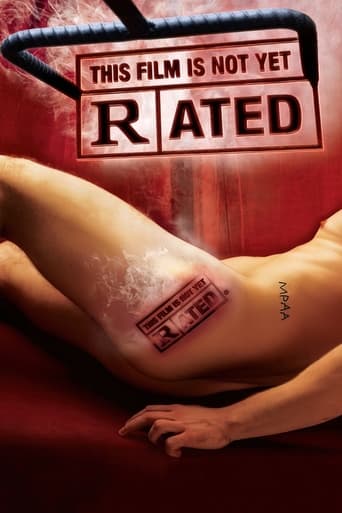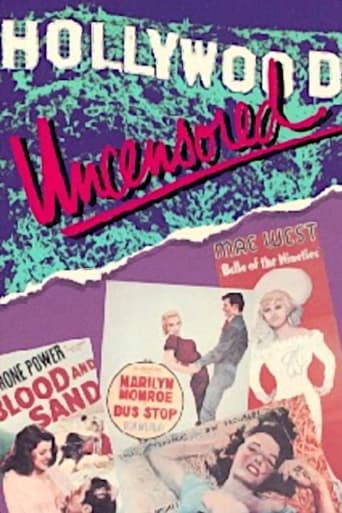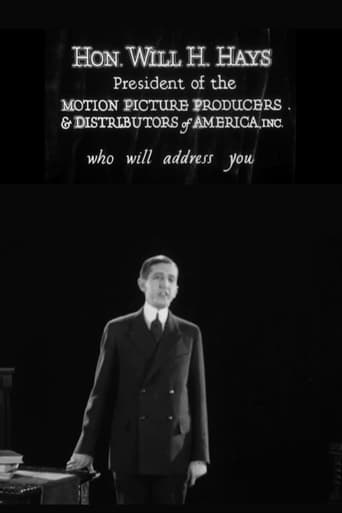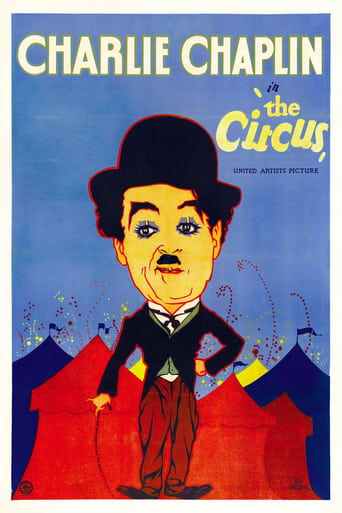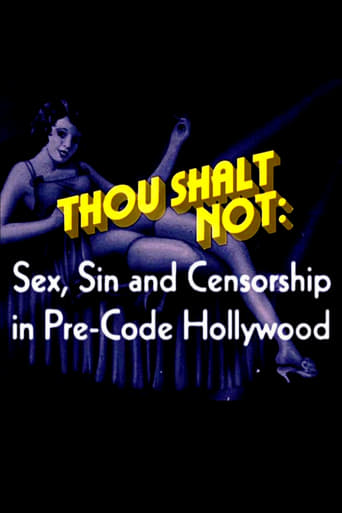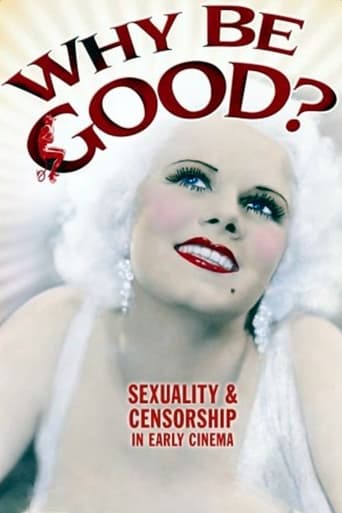1926 4 min 1 vues
The Honorable Will H. Hays, President of the Motion Picture Producers & Distributors of America, speaks directly into the camera about the important new technology to enhance the motion picture going experience, namely Vitaphone which allows the synchronization of the picture on screen with sound. Its development is important if only because of the importance of the motion picture as the chief amusement to millions in the American public. It allows the inclusion of music directly into the motion picture, music which already plays an important role in the motion picture in the pre-Vitaphone era. However, it allows symphonic music to be incorporated, which many of the small hamlets across the country could not afford to provide in their own movie houses. Vitaphone was developed by the Western Electric and Bell Telephone Companies, and is also greatly attributed to the work of Warner Bros. Pictures.

